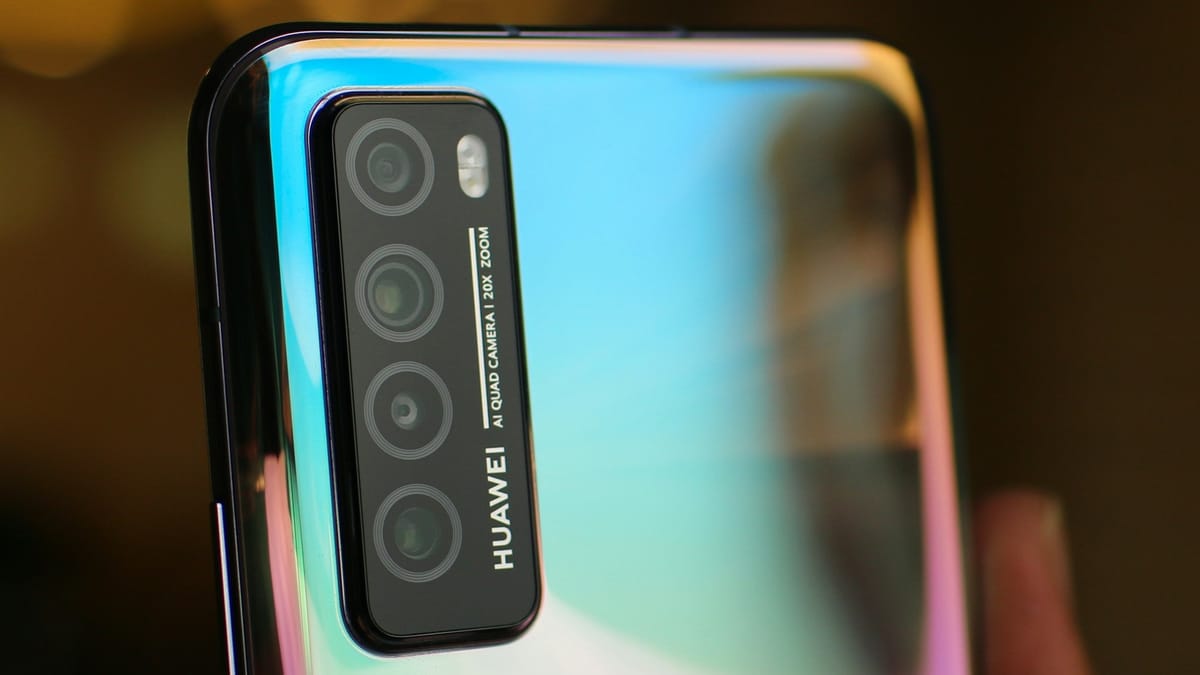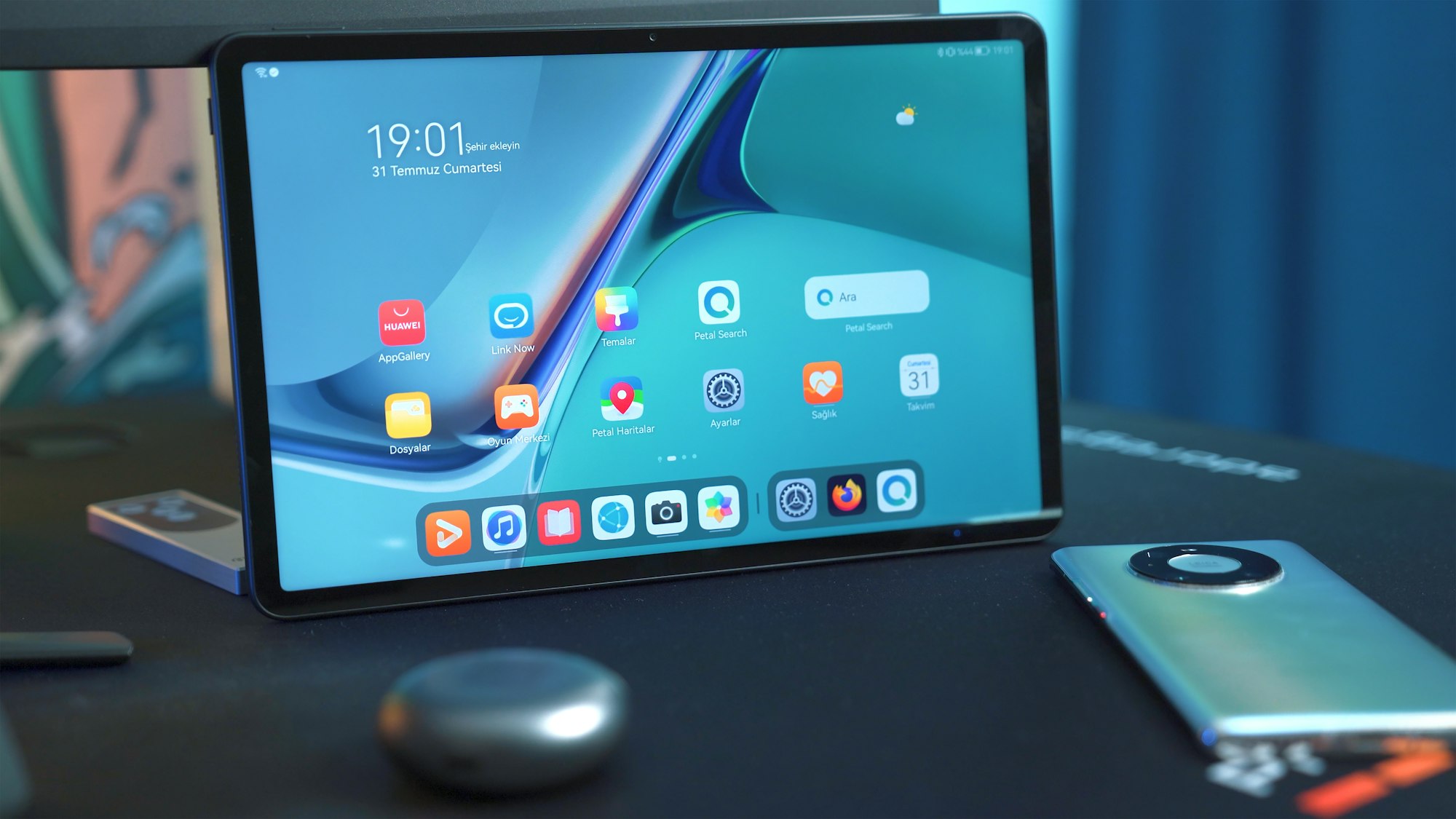Huawei set to push HarmonyOS globally despite persisting challenges
Part of the strategy involves porting existing apps and encouraging developers to create new ones specifically for HarmonyOS.
In 2019, facing US-led sanctions that restricted access to Google's Android operating system, Chinese tech giant Huawei scrambled to develop a Plan B. The result was HarmonyOS, a proprietary operating system (OS) designed for its smartphones, tablets, and other smart devices.
While the OS has struggled to catch on globally, Huawei has now set its sights on an ambitious international expansion to expand the HarmonyOS ecosystem worldwide to compete with established giants.
This global push follows Huawei's unprecedented comeback with its Mate 60 Pro, which topped China's massive smartphone market displacing rivals such as Apple's iPhone, according to IDC.

HarmonyOS' global rollout strategy will prioritize the familiar Chinese market first by building the app ecosystem in China, then gradually push it out to other parts of the world. This is according to Huawei's rotating chairman, Erik Xu.
Part of this approach involves porting existing apps and encouraging developers to create new ones specifically for HarmonyOS.
According to Xu, Chinese smartphone users spend 99% of their time on only about 5,000 apps. The company envisions an "ideal HarmonyOS" with these initial 5,000 apps and has begun to port existing apps and entice developers to create new ones tailored for HarmonyOS. Over 4,000 app transfers are already underway, with efforts ongoing for the remaining.
However, Huawei's plan for global relevance will take a little more than CEO enthusiasm. Competitors like the Google Play Store boast over 3.2 million mobile apps while Apple's App Store has over 2 million apps as of April 2024, according to data from Business of Apps. Clearly, it's an uphill battle for Huawei to face against competition in its journey for a global campaign.
Meanwhile, current market share paints a promising picture for Huawei within China with HarmonyOS capturing a significant 16% in the country, making it the third-largest mobile OS by handset sales according to Counterpoint Research in Q4 2023. However, there are doubts about HarmonyOS' success outside China, considering ongoing sanctions and strained US/EU-China relations, only time will tell if Huawei's strategy proves effective on a global scale.









